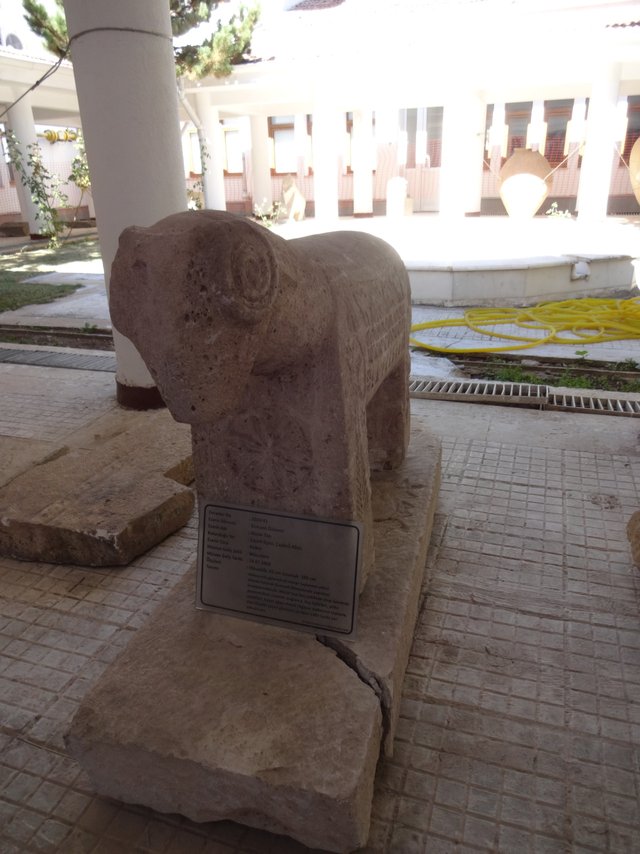How is Shamanism and Turkish Culture Related
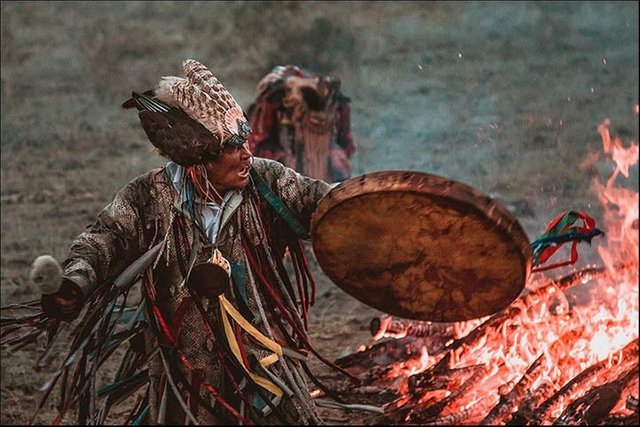
@vitruvianman is Turkish blogger and his blog holds a weekly Culture&Art series. This post discusses how the shamanism culture influenced some behaviors of the Turkish culture.
Shamanism is an ancient animistic religion that originated from northern Asia. This religion or way of life embraces a belief in powerful spirits that can be influenced only by shamans.
Some shaman rituals are still exercised in Turkey as well as some other parts of the world. These are part of our culture and in fact so many people aren’t even aware that these behaviors are related to Shamanism.
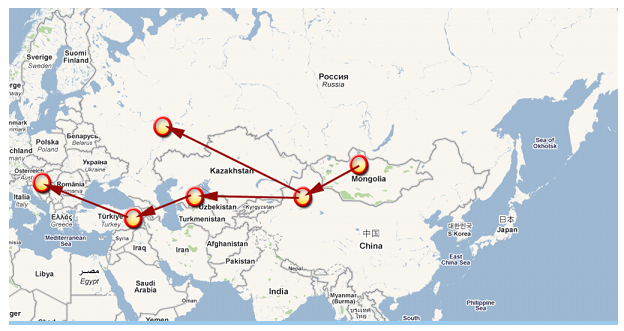
This is an image that shows some of the migrations that have happened during the migrations of the tribes. Migration of the tribes was a historical period that covered 200 AD and 700 AD. During this period tribes from northern Asia migrated towards Europe and towards wetlands as a result of a long lasting draught in Northern Asia. We happen to see shamanic traditions in Turkey and some parts of Europe due to this migration.
Water collectors at cemeteries
We have all seen small water collecters around Turkish graves. In turkish culture we believe that these water collectors provide water to birds and other animals and this keeps giving the dead good deads even after they are not present in the world. This is a tradition that we have adopted from shaman culture. It is very common to see water collectors at Shaman graves. For shamans these water collectors have two uses. First reason is that the dead can use these collectors to drink water when they rise from the dead. Second reason is that, shamans use spirits in their rituals and these helping spirits are thought to be birds. The birds help lift up the spirit to the sky once the person passes away. Thus having water collectors for birds brings more birds and accelerates the journey of the spirit. This is a very clear correlation between the cultures.
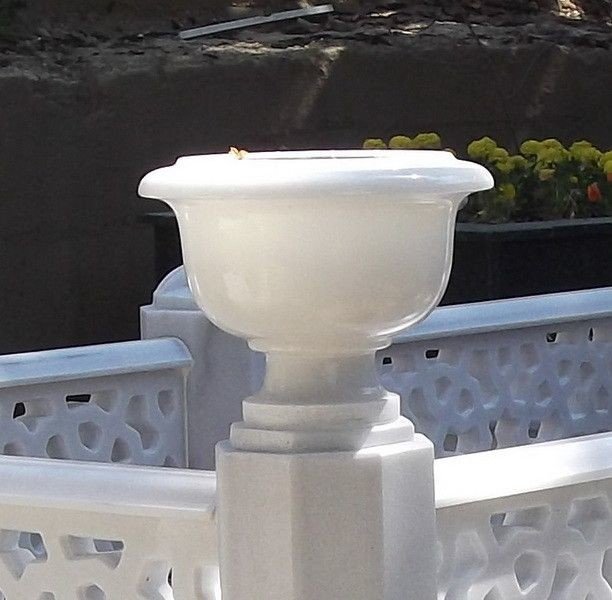
Making a sacrifice after something important is bought
Sacrificing animals or goods is a very old tradition and can be seen in many cultures. It was present before shamans and can be seen in other ancient cultures such as the Mayan culture that started its existence around 1500 BC. So it is hard to claim that sacrifices originated from the Shaman culture. However, in Turkish culture it is common to see sacrifices once something important happens or once something important is bought. This tradition is diminishing slowly but I still remember licence plates, or shop windows with a trace of sacrificed animal’s blood, to bless the vehicles or shops and to keep the bad spirits away. This definitely passed onto Turkish tradition from Shaman’s. This is done to thank the creator who lives up in the sky. In most of the traditions sacrifices are made in order to gain something and you can consider it like a bribe, however in the Shaman culture they are made after an investment or after something you expected happens to show your gratitude to the creator.
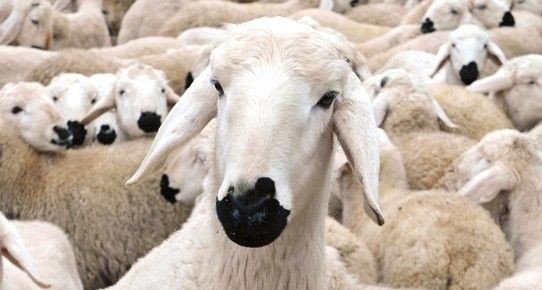
Not taking the deceased directly to its grave
This tradition is also diminishing by time and we see this less and less. However it still can be be experienced in small cities or villages of Turkey.
Once a person passes away from this world and the deceased is placed in a casket, the deceased is not taken directly to the cemetery. The casket which holds the deceased is taken around the town in labyrinth like route. I agree that this sounds very odd, however Shamans have some reasoning behind this. They don’t want the deceased to find his/her way back home from its grave. It is easier for the spirit to leave this world as he can’t find the way back to his home and has less connections with the world he lived in. Thanks to this tradition we don’t get to see Casper’s in shamanism :)

Live long
Once someone sneezes it is polite to say live long or ‘Çok Yaşa’ in Turkey. Live long here is similar to the commonly used bless you. These reactions to sneezing originate from Shaman believes. Shamans believe that the spirit lives within the breath. When a person sneezes, his/her breath is let out in a quick manner and shamans believe that saying something such as Bless you, live long or “Çok Yaşa” prevents the spirit to leave the body together with the breath.

Sitting on the doorsill
Shamans believe that sitting on the doorsill causes bad luck. This is a superstitious belief for us and a lot of Turkish people have no idea why sitting on the doorsill is bad luck. I too remember my mom telling me that his my grandmother used to warn her about sitting on the doorsill as it causes bad fortune. This was also adopted to us from Shamanism. The people in Northern Asia used to take their horses very seriously and horses were considered as sacred as well as a man’s best friend. According to Shamanic believes once a horse dies it is thought that the dead horse’s spirit waits for its rider at the doorsill. Thus sitting on the doorsill hurts the horse’s spirit and this results in bad fortune.
More traditions that Turkish have adopted from shamanism are:
Use of Evil eye
Tying a red linen to the bride
Entering a house with the rigth foot first
Tying linens to trees
Pouring water behind them when someone is leaving
Knocking on wood
Putting scissors under the pillow
All kind of fortune telling activity
I have stated as many traditions as I could think of, would be fun to see if you can also state some similar traditions that you have in your culture.
Till next time :D
Writer : @vitruvianman
Translator : @readmore
Congratulations @tr-support! You have completed some achievement on Steemit and have been rewarded with new badge(s) :
Click on any badge to view your own Board of Honor on SteemitBoard.
For more information about SteemitBoard, click here
If you no longer want to receive notifications, reply to this comment with the word
STOPthanks, really enjoyed reading it
Very relevant information, indeed there are many artifacts from Shamanism, Zoroastrianism or Tengriism in the Anatolian culture. Also I learned last year from my travel to Erzincan area, that grave stones are a tradition remaining from shaman times. The Akkoyunlu & Karakoyunlu principalities were using sheep as tomb stones. Later, after 15th century, when the religious clergy from Arabian peninsula (Ulema) arrived to Anatolia, they urged to stop and ban this tradition.
